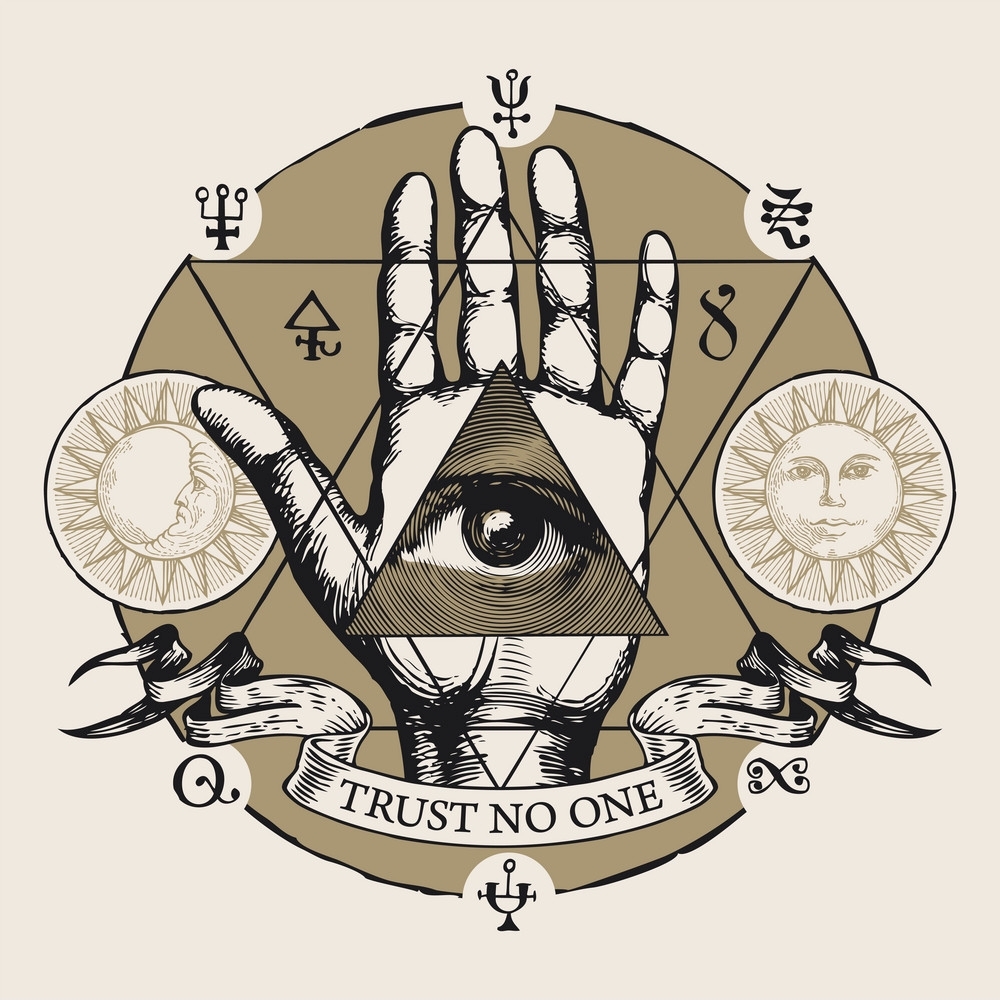“Satanists are what they are because they embrace and emulate ideals that they equate with the mythological figure of Satan. We are not humanists, hedonists, or elitists using the term ‘Satan’ as an attention-getting buzzword. We see values that are distinctly Satanic in the reality around us, values that run counter to the ones that our society deem as correct or righteous. For the Satanist, Satan can be a literal being or figurative symbol. The values we emulate remain the same.
… Satan is above all, the rebel, the iconic anti-hero. Satan is the challenger of convention and the initiator of progress. Satan seeks evolution in all things; individuals, societies, cultures, and species. This is why Satan is described as ‘a lion roaring in the wilderness;’ Satan is the epitome of survival of the fittest and victory through strength. Satan is the refusal to be ruled by convention.
Strength, as mentioned, is also a substantial trait of Satan and prized by the Satanist. This is not just physical strength, although that trait is rarely ignored. It is strength of will, the strength to be a Satanist, to stand opposed to your detractors and nay-sayers. It is strength of conviction, that no matter what the perks of being a member of the herd may be, you stand your ground. It is also strength of intellect, the ability to put reason above programmed behavior and the conscious effort to be master of your behavior instead of lackadaisically falling back into old patterns.
Satan represents the individual spirit, the urge to fend for the self, serve the self, and rely on the self. As Satan would not be subjugated to another, so it should be with the Satanist. This individualism extends to personal responsibility; that all choices are you own, even only how you react to random events. Allowing another to take credit for your successes or blame for your failures shows a weakness in personal character, and sets you up to be manipulated by those around you. It is delusional to wait for someone, man or god, to save you. Your salvation should be of your own making.
While it is these characteristics that Satan is best known for, his creative ability is often ignored. Satan encourages the act of creation and the appreciation of the creative act. In mythology, Satan is attributed with patronage of the arts, especially as an expression of personal ego. In modern times, some have gone as far as suggesting Satan is at the root of our movies, music, and literature. Satanists are well served to seek their own means of creative expression.
We have established, based on the mythology about Satan, that Satan is anti-authoritarian, rational, intellectual, resolute, strong, and individualist, and a source of inspiration. With this in mind, it is natural to ask if Satanists consider Satan to be a reality, or merely a symbol. This question, however, assumes that Satanists define deity in the same manner as their counter-parts in mainstream religion. Most Satanists do not consider deity to be a being separate from the reality around us, but rather that reality itself. They reason that all gods were once aspects of the natural world, and it was only a matter of ego that caused humanity to project human characteristics on these forces. Satanists also acknowledge that the creation of deity is the attempt to quantify the indefinable nature of the universe. Deity, therefore, is a symbolic, but is a symbolism that affects the psychology of the individual so profoundly that it changes that individual’s perception of reality.
Satan is the way the Satanist defines reality and is experienced through the self. Reality is a matter of perception, thus Satan is defined by the Satanists. Spiritualists will suggest this phenomenon as Satan expressing himself in the manner best suited to the individual, and symbolists will suggest this is simple psychology. Thus Satan is as real as the individual experiencing it. The only real mistakes that can be made in defining Satanism for the self is in allowing old perceptions define Satan for you or in assuming that your definition is the one, true definition of Satan. As long as the Satanist emulate the traits suggested in the mythology and can rationalize why they are Satanists, it is impossible to deny their convictions, whether they believe in Satan as a real being or a symbol.”
– Lianna Satanas Diabolique, Devil’s Bible


